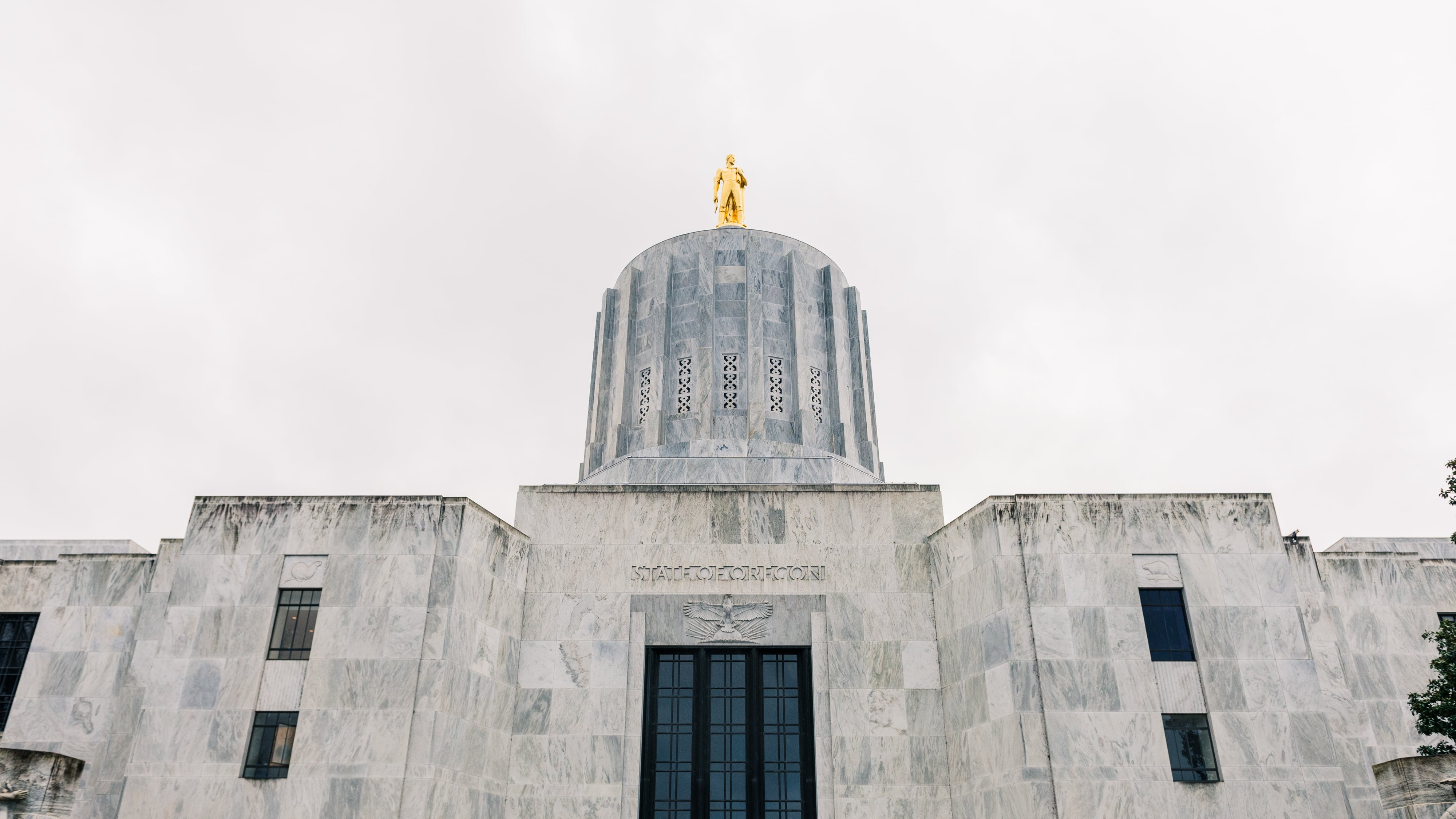The state's two biggest companies, Nike and Intel, back new corporate tax plans in Salem—but not the same one, according to sources familiar with ongoing discussions.
A month ago, the Coalition for Common Good, led by Nike and the state's public employee unions, proposed raising $2 billion in new revenue through some form of a business activities tax, effectively a sales tax on businesses.
The idea would be a tax something like the gross receipts tax voters rejected in Measure 97, except with a broader base, i.e. more companies paying, but paying a sharply lower rate: in the range of .5 percent, rather than the 2.5 percent proposed in Measure 97.
Companies with big manufacturing operations in Oregon, such as Intel and Gunderson, are leery of such taxes. If there's going to be new revenue, they are said to favor a "value-added tax," a type of tax which is rarely levied in the U.S. but which proponents say does not affect manufacturers' supply chains as much as business activities taxes.
A third group, the Revenue Roundtable, which represents progressive organizations, proposes just tweaking the current tax structure to maximize revenue. "It may come down to what polls best and is most defensible at the ballot," says Daniel Hauser, an analyst at the Oregon Center for Public Policy who has been involved in the discussions.

